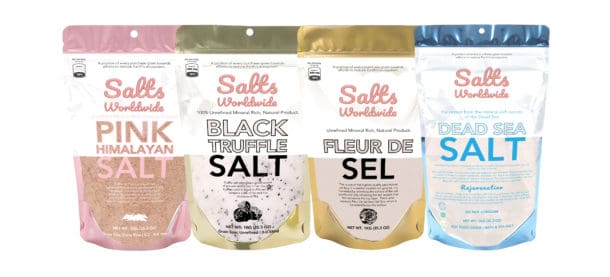Bath salts are a class of herbal designer drugs. The name derives from cases where the drugs were disguised as bath salt. The bath salt, powders, or flakes frequently resemble Epsom salt, but are different chemically. Many users believe that bath salt and other similar “natural” salts have therapeutic value. In fact, many herbalists and “homeopaths” advise their patients to add bath salt to water, as part of a detoxification program.

Although bath salts and other “natural” drugs are supposed to be safe, there is some concern about their effect on the central nervous system. These drugs stimulate the nerves and can affect the brain. They have stimulant properties and the best evidence for this is the fact that they stimulate the heart. Stimulation of the heart promotes heart enlargement and that leads to a lowering of blood pressure. A low blood pressure reduces the risk of heart attack or stroke.
There is some evidence that bath salts contain synthetic cathinones. The synthetic cathinones, mDPV, are found in numerous pharmaceuticals and over the counter products. They are considered relatively safe, although some medical professionals have raised questions about their long term use. MDPV is known to have stimulant properties and some studies have indicated that it has the potential for abuse. It is not currently legal in the United States for most pharmacies to sell MDPV-laced cough syrups.
Salt bath salts contain a chemical called dipropionate, which is a member of the aromatic family of substances. The scientific name for this substance is cathinone, and it is in the cathinone family. The medical term for this substance is piperazine and it is widely used as a cough and cold remedy.
Several similar designer drugs such as cocaine and MDMA (ecstasy) have been discovered. Both of these drugs are derived from cathinone and they both produce effects similar to those of cocaine. Some people believe that MDMA (ecstasy) is even more harmful than cocaine because it produces psychosis, depersonalization, and hallucinations. MDMA also affects the central nervous system and can cause a rapid onset of heart failure in extremely high doses.
Because of the potentially serious side effects produced by bath salts and ecstasy, they should be avoided by those with either a history of drug use or addiction. In addition, users should seek the guidance of a medical health care professional if they notice an increase in heart rate, hypertension, dizziness, or depression. These are especially serious concerns because some of the bath salts may contain other substances that cause similar symptoms. There have been cases where users have gone into shock after consuming bath salts and they have been hospitalized. Therefore, even small amounts of bath salts can be extremely dangerous.
There are many different routes that people use to buy bath salts or other psychoactive substances. Bath salts can be purchased in public from drug stores, convenience stores, and bath and body Workshops. They can also be purchased through the internet from online drug stores or other websites. Before a person decides to buy bath salts or any other psychoactive substances, they should do their research. A good starting point would be to consult the internet and look for user reviews. User reviews can provide information about how well a product worked for other users and also provide warnings about certain drugs that should be taken with caution.
While bath salts do not pose a serious health risk when taken in the right amount, there are serious risks when drug abusers try to self-medicate by consuming large amounts of bath salts or other psychoactive substances. This can lead to an extended hangover, which has been known to result in death from dehydration. It is best to avoid taking bath salts or any other psychoactive substance if you don’t know how it will affect your body. However, if you feel the need to buy them for personal use, make sure that you get them from a reputable and secure source and that you do your research before ingesting any of these drugs.



